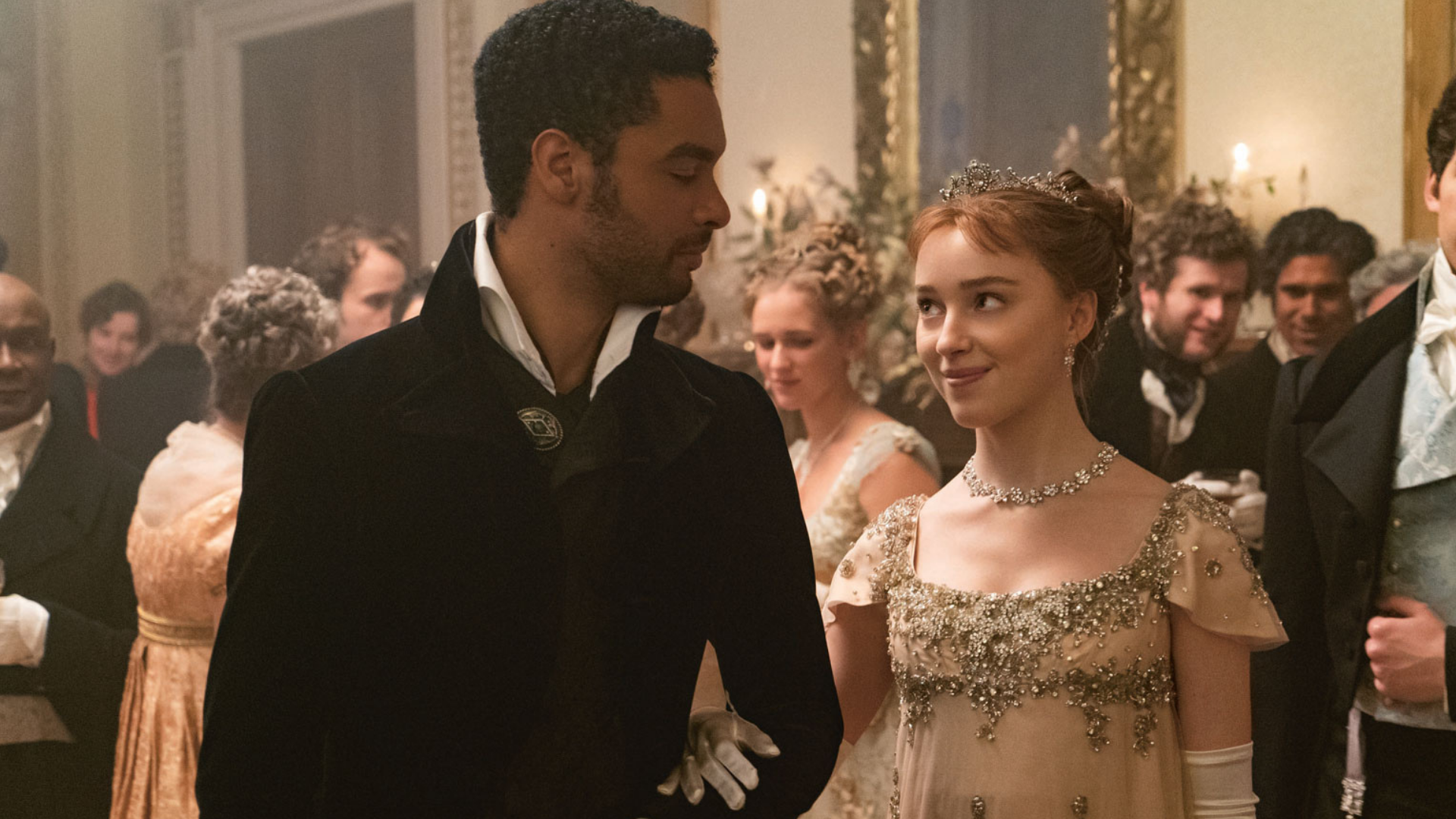From children being picked to appear in schools programmes to adults actually going for real jobs, all too often this is how diversity can work. A tick-box exercise which instead of helping people can pit them against one another.
Lenny Henry and I wrote Access All Areas – The Diversity Manifesto for TV and Beyond because we never want another person to feel the way I did at nine years old.
And the more we spoke to people about the book the more we realised that the vast majority have experienced a similar situation at some point in their lives to the one I had.
Try to answer these simple questions and see if any of them apply to you.
- Do you often feel excluded from society?
- Do you often feel like you are from the ‘wrong’ part of the country to really fit in?
- Do you ever feel you are the ‘wrong’ colour to call yourself British with the same confidence as someone else?
- Maybe you are gay or lesbian or simply love the ‘wrong’ person to be seen as ‘typical’ or ‘normal’?
- Or are you simply the ‘wrong’ gender to get paid equally, pursue the career you want or have an equal chance of getting the top jobs?
All too often when we discuss diversity we talk about it as a “minority issue” with companies trying to reach tick-box targets.
And so we undertook a little bit of research and asked ourselves what percentage of the UK population are women or disabled or LGBTQ+ or non-white. And when you add all these groups together, and many of them overlap, obviously, you come to a figure of 68.5 per cent.
Advertising helps fund Big Issue’s mission to end poverty
Immediately, you realise that we have been looking at diversity all wrong. Diversity is not about increasing the number of minorities in the workplace or in an organisation, it is about increasing the number of people who represent the majority.
Coming from Dudley in the Midlands, Lenny then got us to go one step further. Because he was very aware of how so much of the UK is London-centric, he emphasised the importance of regional diversity.
And so we crunched the numbers again and asked what percentage of the population are white, heterosexual, able-bodied men living in London?
The number genuinely shocked us… 3.1 per cent. That’s right.
And that figure is before we even look at issues of class and private education.
Advertising helps fund Big Issue’s mission to end poverty
The book sets out a roadmap of how we can change society to make sure life in Britain is fairer for the vast, vast majority of people – the 96.9 per cent.
It may focus on TV because that is the area that Lenny and I have been campaigning in for years and working in for even longer (Lenny, the world-famous actor and comedian in front of the camera, myself a producer behind the scenes) – but we speak to people from all walks of life from Paralympians to museum trustees. And the conclusions we reach can be applied across society.
Looking back at my nine-year-old self we want to create a society where the television production company could pick Vimal, me, or any other children that actually represent the majority of British society.
Fundamentally this book is not just a diversity manifesto – it is the manifesto for the majority.
Access All Areas: The Diversity Manifesto for TV and Beyond by Lenny Henry and Marcus Ryder is out now (Faber, £7.99)









